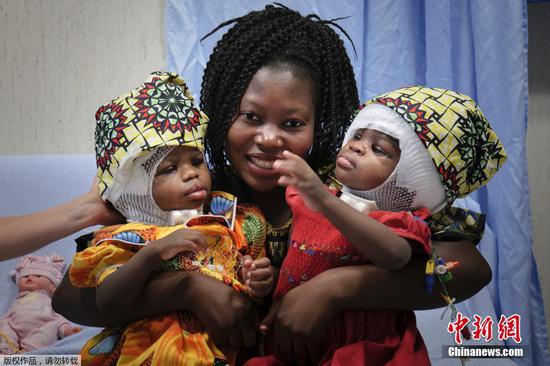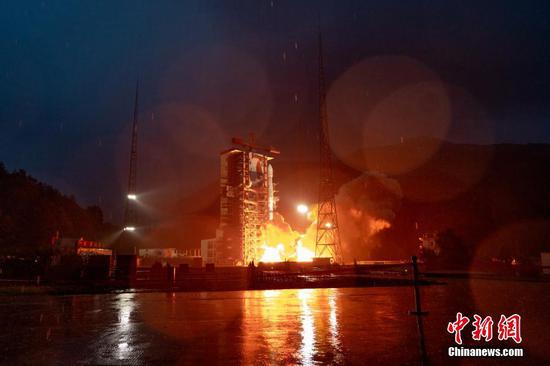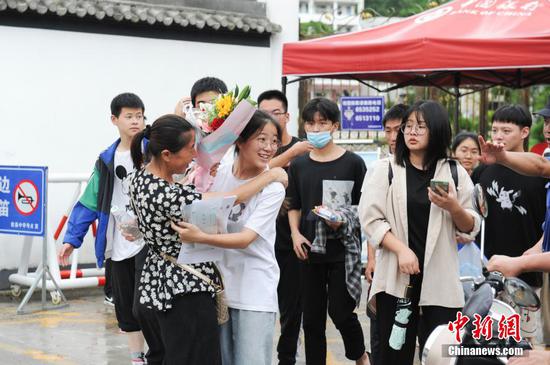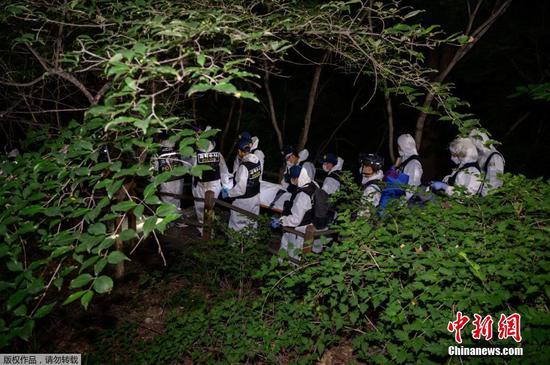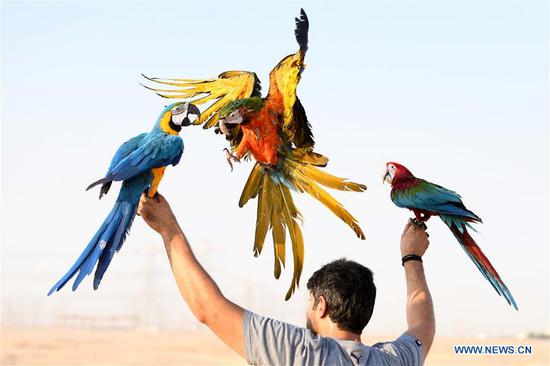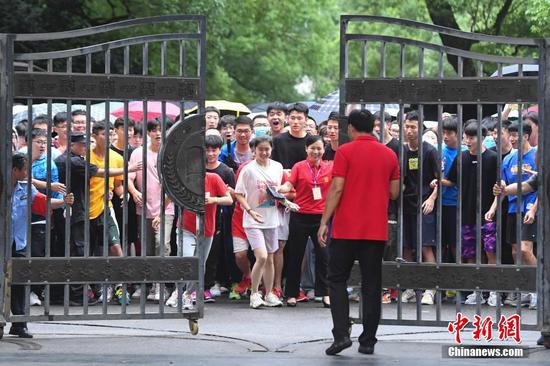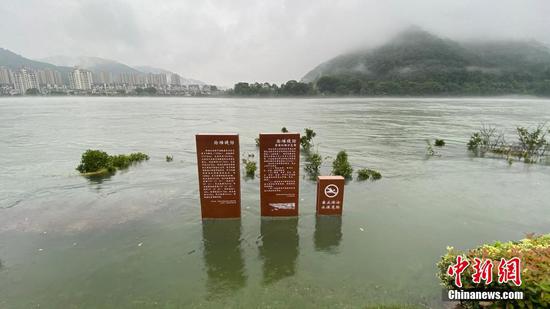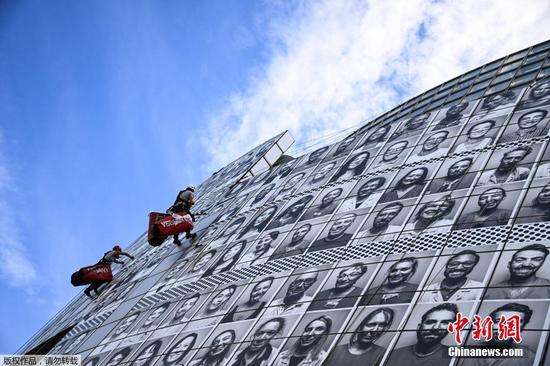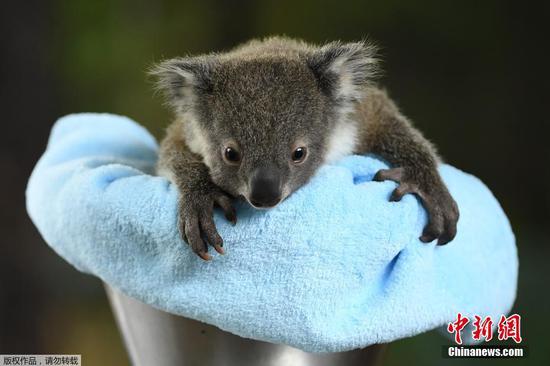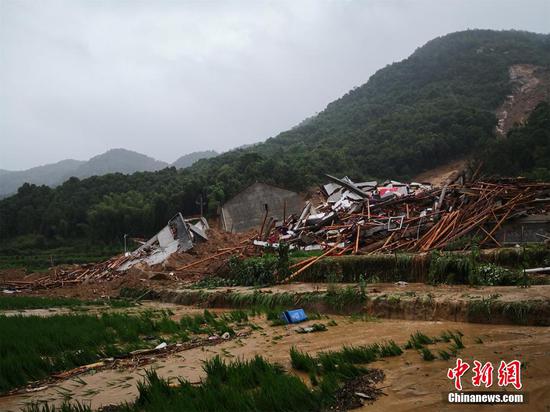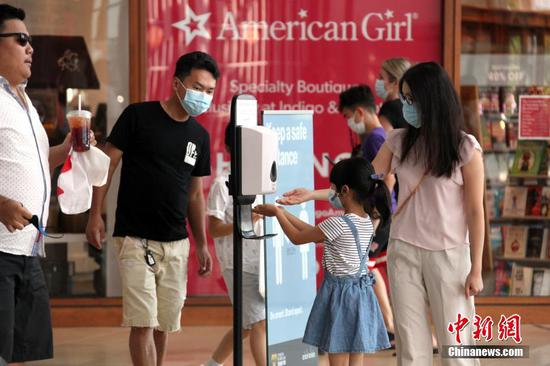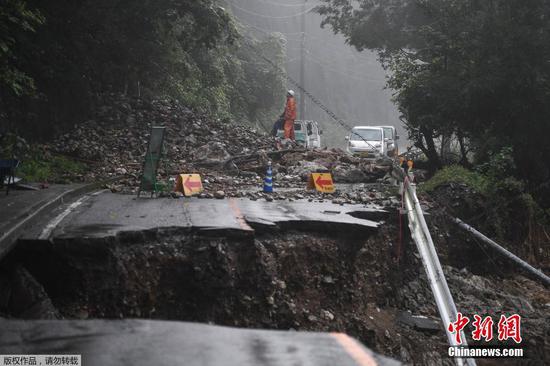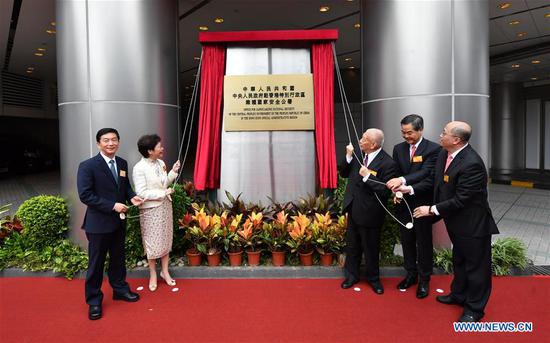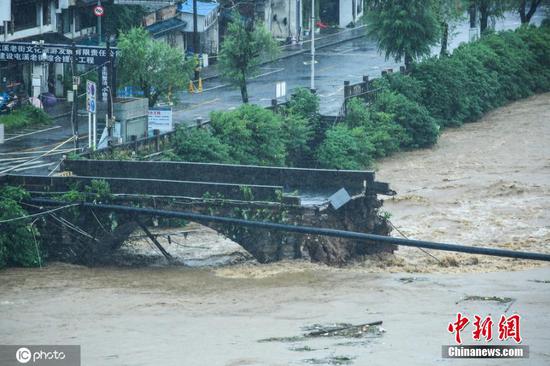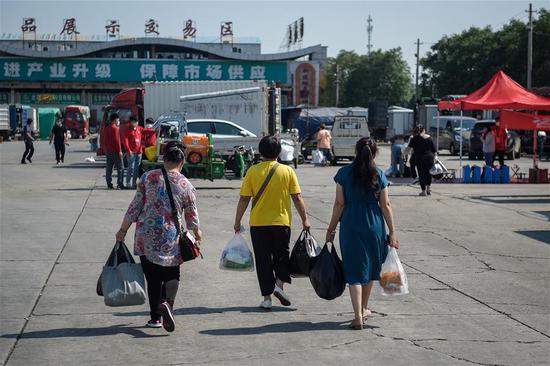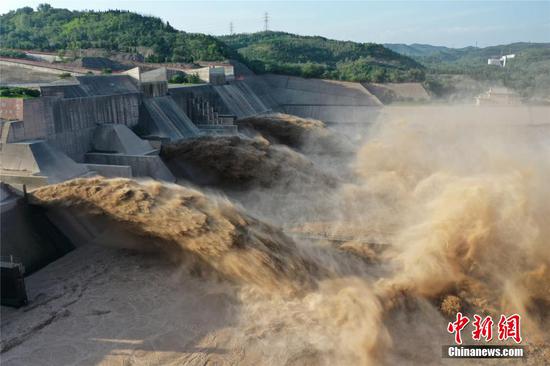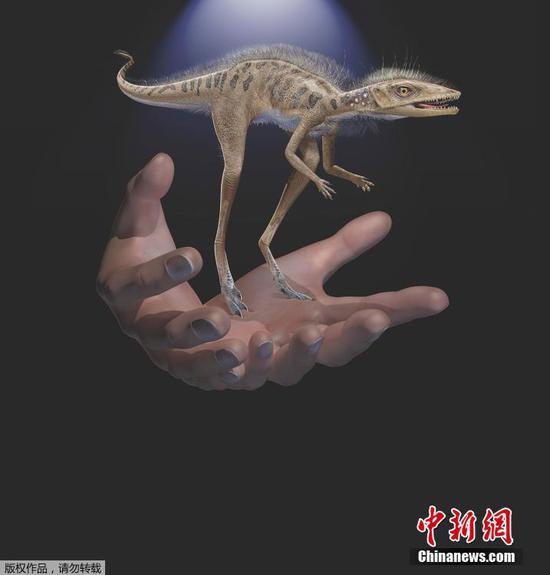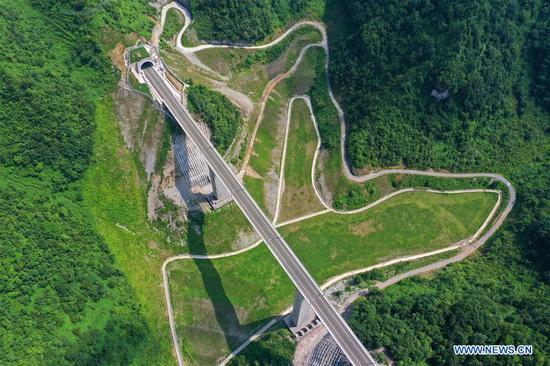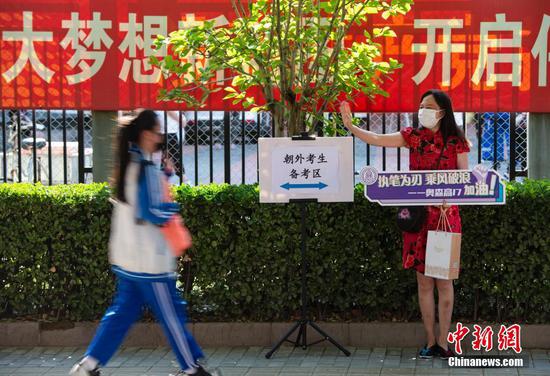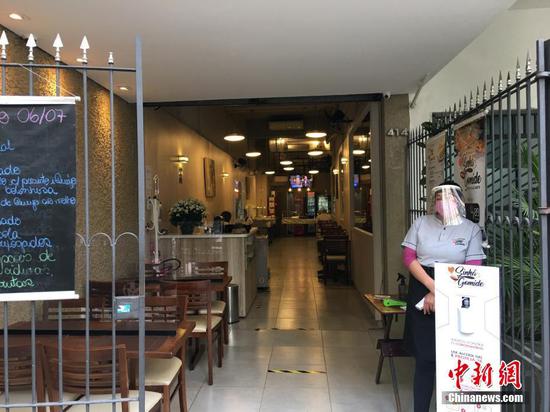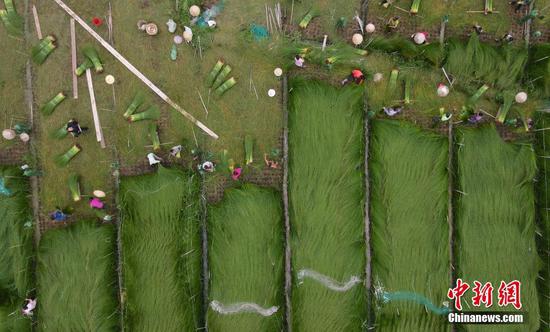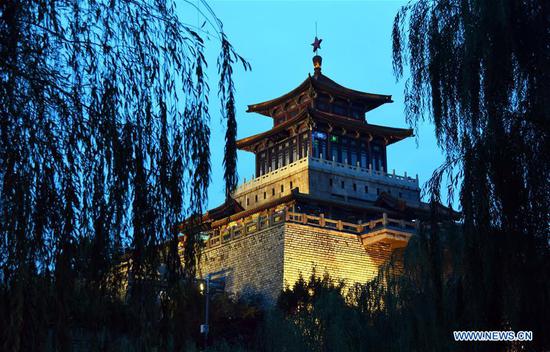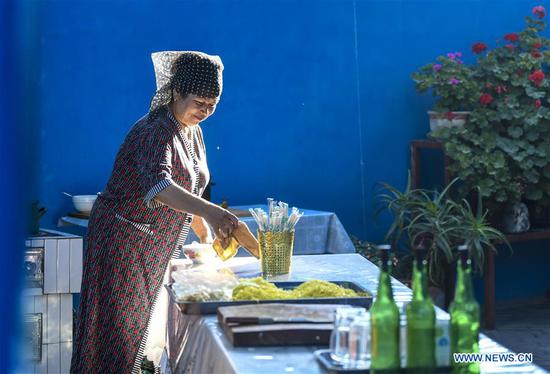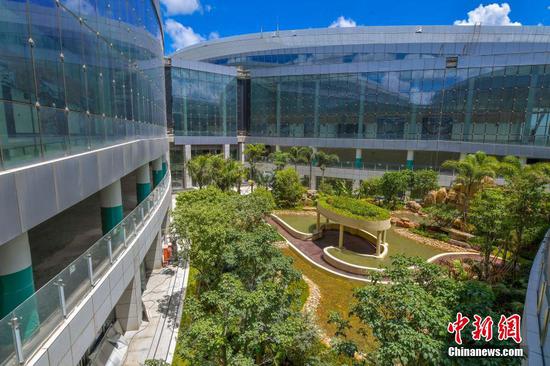Due to COVID-19, the World Artificial Intelligence Conference (WAIC) 2020 in Shanghai this week adopted a hybrid model where offline exhibitions and online displays took place simultaneously to showcase the latest artificial intelligence (AI) applications and frontier development.
More than 500 AI experts and executives, including Nobel laureates and Turing Award winners, attended this year's WAIC held from Thursday to Saturday with the theme of "Intelligent Connectivity, Indivisible Community."
AI has already demonstrated its potential to transform societies, economies and industries, but this is just the beginning, according to experts at the conference. WAIC plays a critical role in bringing people together to learn from one another and identify ways of collaborating to achieve more.
AI TECHNOLOGIES FIGHT EPIDEMIC
In recent years, AI has begun to play a significant role in many sectors. Prompted by the need to contain COVID-19, people around the world are looking toward AI-based techniques to aid the anti-pandemic fight.
Companies such as Baidu, Alibaba, Tencent, SenseTime and iFlytek have been among the first to join the fight. Data modeling, crowd screening, and tracing contacts of confirmed COVID-19 cases have been widely used to help control the spread of the coronavirus.
SenseTime, an AI-technology firm with its China headquarters and Global R&D headquarters in Shanghai that specializes in computer vision and deep learning, participated in this year's event.
During the outbreak of COVID-19, SenseTime collaborated with several hospitals and medical institutions across China to assist COVID-19 diagnoses. The company upgraded its diagnosis application, which dramatically improved the effectiveness, accuracy, and speed of the current analysis of CT scans with the help of AI algorithms.
Screening large crowds is another area where AI shows its potential, particularly in public spaces such as the metro. AI firm Megvii, another exhibitor at WAIC, launched a remote temperature measurement system in subway stations in Beijing to help screen out passengers with a high fever. Compared with manual detection, the system can examine up to 300 people in one minute without disrupting passenger flows.
Shen Xiangyang, a professor from Tsinghua University, said during the conference that AI technology could play a significant role in remote diagnoses, vaccine development, virus analysis and global coordination.
With the widespread application of AI products and technologies in the battle against the epidemic, Li Yong, director general of the United Nations Industrial Development Organization, said that the technological innovation of AI should go beyond national boundaries to avoid widening the technological gap between developed and developing countries.
AI is also changing the way of scientific research and pharmaceutical manufacture in the healthcare sector.
"Health systems face incredible challenges due to aging populations, increased patient expectations, and the growing prevalence of chronic conditions. COVID-19 has only intensified those challenges," said Pascal Soriot, executive director and CEO of AstraZeneca. "If AI is to play its full part in overcoming them, I believe we need to embrace the opportunity, collaborate, and pursue it together."










